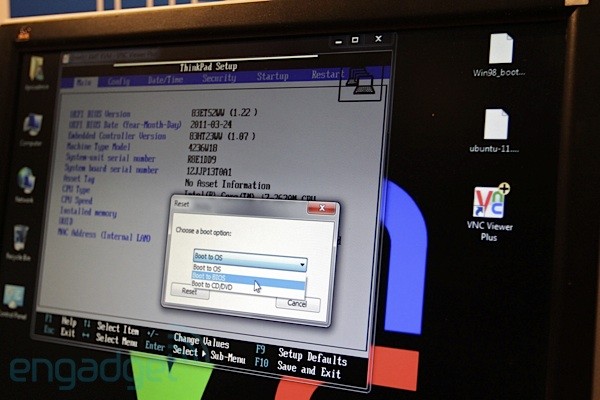Virus Attacks on Canadian Computer System
Mar 26, 2011
Recently, Director of Information Technology, Per Kristensen stated that, a new type of the Qakbot virus appeared globally on March 15, 2011 and was observed in PCs in Nanaimo (Canada) at noon on March 16, 2011, as reported by Bclocal News on March 12, 2011. To safeguard important information about the city, the system was immediately put on a halt after the staff realized that the virus was swiftly circulating from PC to PC. Commenting on the matter, Per stated that, people can be sure that all their personal information and details are safe. He stated that, safeguarding their private information is their main concern. He added that, the city's system would not be turned on until they are sure that they sorted out the problem, as reported by Vancouver Sun on March 18, 2011. Kristensen stated that, the virus seems extremely complex, altering its signature to transfer through a computer various times. Kristensen stated that, the virus is classified as harmful and they are being ...













































